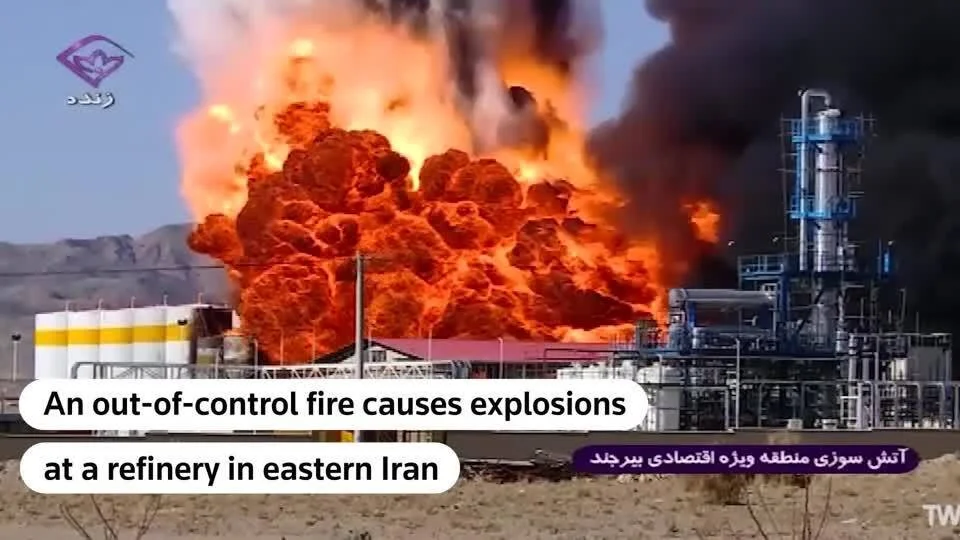A Subtle Message in a Shadow War
Yesterday's drone attack on the small Birjand refinery in the Brigand Special Economic Zone of Eastern Iran marks yet another mysterious incident in a series of unexplained explosions and fires targeting Iran's military, nuclear, and industrial facilities. This pattern, stretching back to mid-2020, includes notable attacks on a military facility on June 25, the Natanz nuclear facility on July 2, and multiple strikes on the Bandar Abbas oil refinery.
The Target's Significance: A Calculated Message
The choice of the Birjand refinery as a target is significant. Unlike Iran's major oil refineries in Abadan and Isfahan, which have capacities of 350,000 and 280,000 barrels per day respectively, Birjand operates on a much smaller scale. The absence of detailed public information about its production capacity implies a more localized operational focus, primarily serving regional rather than national or international needs.
This strategic selection of a smaller refinery suggests a nuanced message: a demonstration of the capability to strike at Iran's economic lifeline—its oil industry—without causing massive disruption. It's a calculated move, hinting at the ability to escalate attacks while currently opting for a less aggressive approach. Iran, already under heavy sanctions and grappling with an economic downturn, relies significantly on oil exports, a sector now facing increased competition from Russia.
Who's Behind the Attack?
While the direct perpetrators of the attack remain unidentified, similar events in the past have often prompted speculations of domestic or foreign sabotage particularly by Israel. This tactic mirrors the approach often attributed to Iran's operations, such as its alleged involvement in attacks on shipping routes in the Red Sea and the Indian Ocean via proxies in Yemen. The message seems to be clear: a willingness to engage in similar covert, unattributed strikes, creating a parallel of unspoken but understood confrontation.
The Broader Message
The Birjand refinery attack is a strategic maneuver in the shadow war, sending a clear yet subtle message about vulnerabilities and the readiness to exploit them. It's a demonstration of "playing the same game" as Iran, striking where it hurts without escalating to open conflict. This incident highlights the continuing high-stakes in the ongoing war on Gaza and its implications for the wider region. Iran will have to reassess what it stands to gain and lose from its ongoing pressure on Israeli interests in the region.

